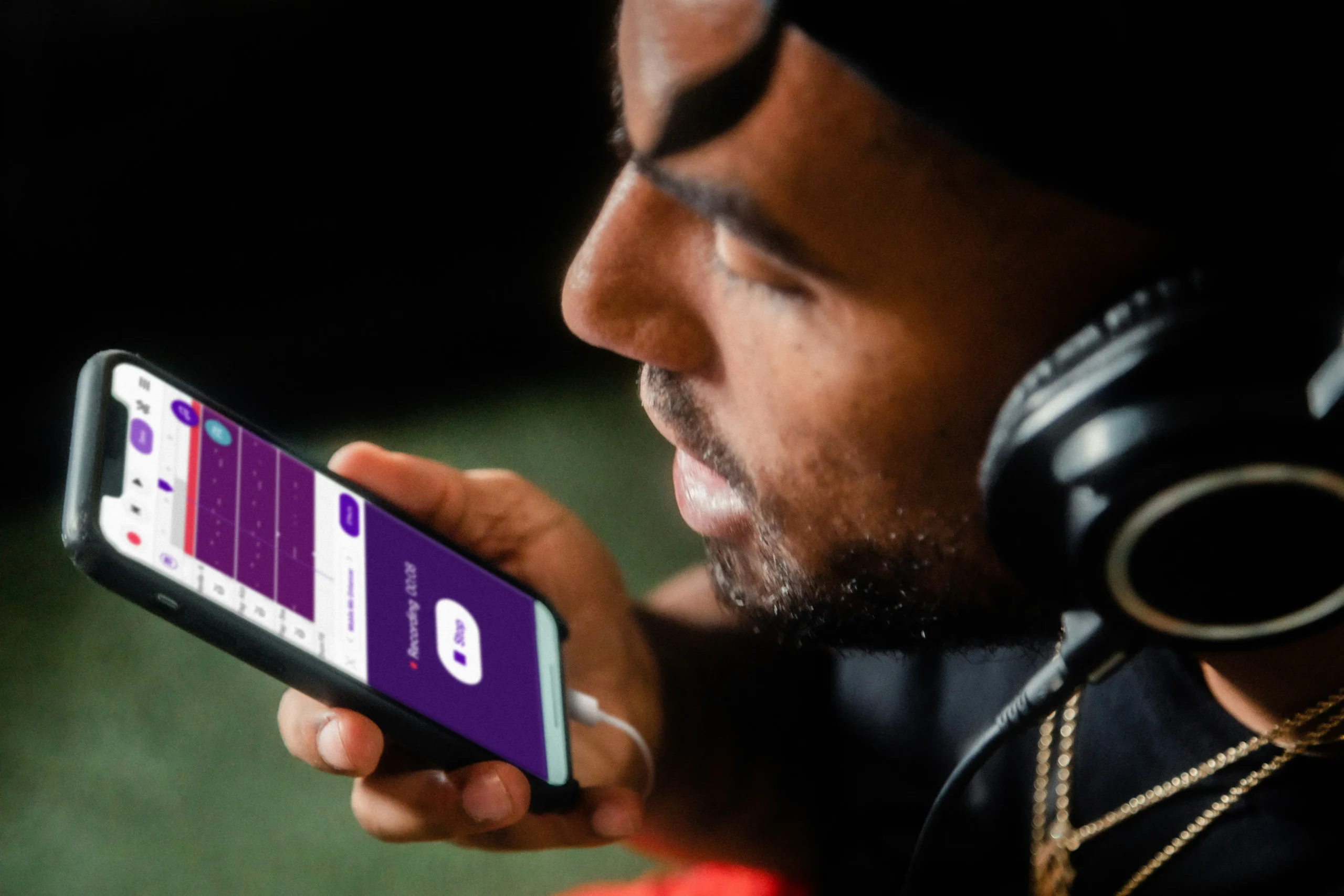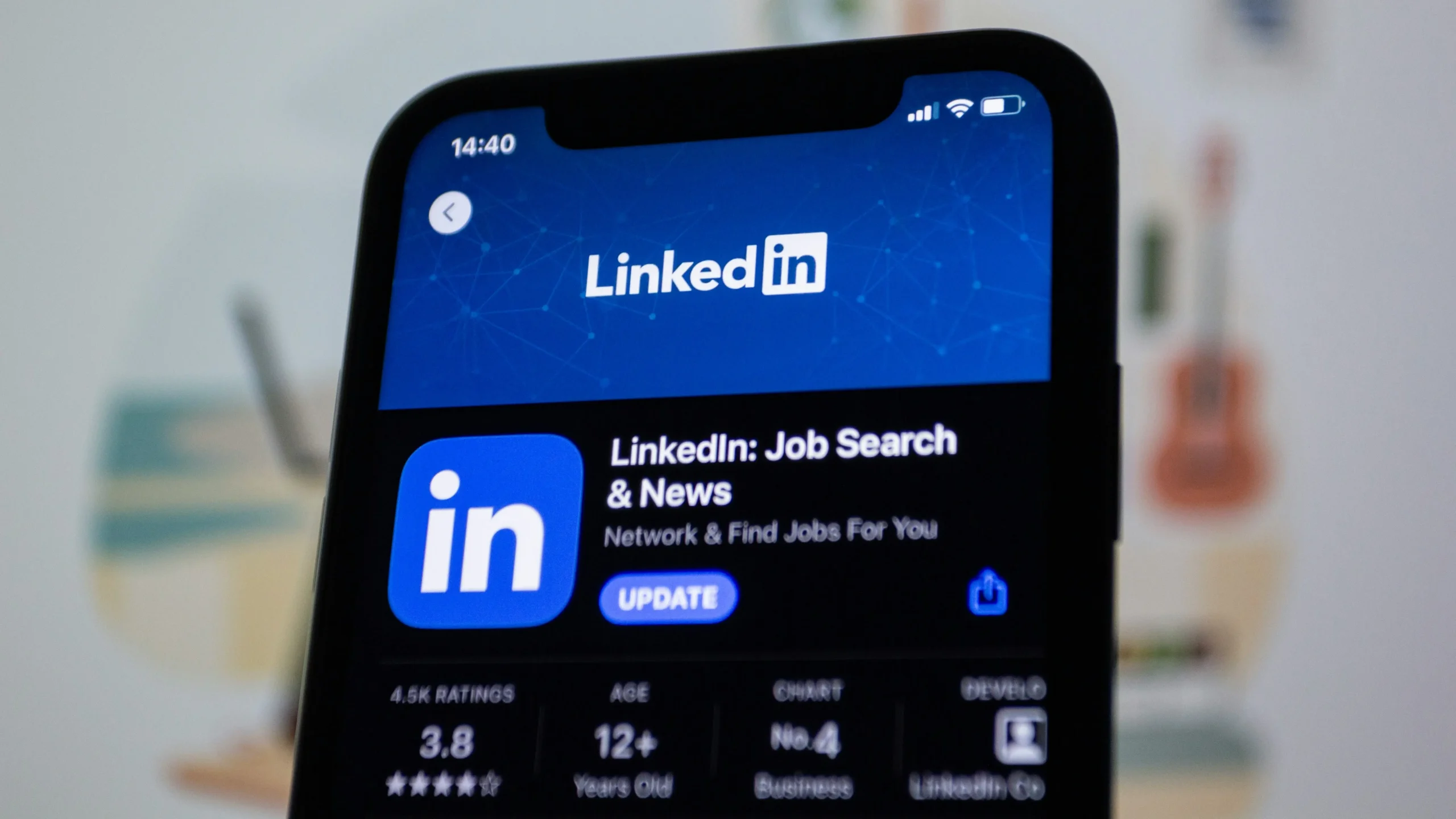Social media scams are more common than you might think, especially on Facebook. According to cybersecurity firm Lookout, about 62% of Facebook users encounter scams every week, and this activity increases during the holiday season. With Christmas just a few weeks away, it’s important to stay informed.
Many of these scams on Facebook occur in the Marketplace, where fake products are offered, or where various stores act as legitimate businesses. In this post, we will teach you how to identify Facebook scams and explain the most common types. We’ll also share some tips to help you protect yourself from becoming a victim.
Need support after a scam? Join our community today.
What is a Facebook Scam?
Facebook scams are deceptive tactics on the platform that use posts, chats, and comments to cheat people. They range from simple fake contests designed to gather likes to more serious schemes, such as fake Facebook account checkers, Facebook recovery code email scams, and identity theft, which can lead to financial losses, particularly on Facebook Marketplace.
How Does a Facebook Scam Work?
A Facebook scam works by getting you to interact with deceptive content. Scammers create fake Facebook account checkers or ads, pretending to be someone you trust or a legitimate business. They may offer deals that seem too good to be true on Facebook Marketplace or send fake notifications that lead you to click on unsafe links or steal your personal information.
Often, they’ll ask you to make payments outside secure channels, making it difficult to recover your money. By interacting with these scams, you risk giving away information that hackers can use to steal your identity or take over your account through tactics like scam Facebook friend requests.
Have questions about dealing with scams? Contact us for support.
Top 10 Facebook Scams: How to Recognize Each One
While there are many types of scams on Facebook, according to SocialMediaToday, the most common scam found on the platform is the “Win a free prize/gift” scam. But these tactics don’t stop there. Below, we’ll detail the most common types of scams on Facebook:
1. Fake Prizes and Giveaways
Scammers create fake pages that imitate reputable brands or celebrities to offer extravagant prizes or money. These schemes seek to deceive users into sharing personal information or sending money to claim a prize that doesn’t exist. Fake Facebook notifications often trick users into providing sensitive data under the guise of winning non-existent rewards.
- Example: A fraudulent page called “Amazon Customer Rewards” posts a contest for a free iPhone. It requests personal information to enter, which is then used for identity theft, fraud by false representation, or part of the broader Facebook deletion scams that target inexperienced users.
2. Charity Scams and Fake Fundraisers
During emergencies, fraudsters mimic legitimate charities or set up fake GoFundMe campaigns, claiming to aid disaster victims. They use tactics such as Facebook business page scams to solicit donations that they pocket instead of helping those in need.
- Example: After a hurricane, scammers create a fake Red Cross Facebook page and a GoFundMe to collect donations that never reach the victims.
3. “Can’t Believe They’re Gone” Posts
This scam uses emotional manipulation by posting messages or videos that suggest someone familiar has died. The goal is to trick users into clicking on fake Facebook notifications that lead to phishing websites.
- Example: A post seems from a friend’s account saying, “I can’t believe she’s gone” with a video link that leads to a fake website.
4. Marketplace Overpayment Scams
In this scam, a buyer sends a seller a check for more than the selling price of an item on Facebook Marketplace and requests the excess be returned. The check eventually bounces, leaving the seller without the refund and the original payment.
- Example: You sell a camera for $100, but the buyer sends a $200 check and asks for $100 back. The check bounces, and you lose $100.
5. Too-Good-to-Be-True Items
Scammers list luxury items or highly sought-after products at extremely low prices to attract attention on platforms like Facebook Marketplace. They pressure buyers to pay quickly through insecure methods, then disappear.
- Example: An almost new scooter is listed for $50. When you inquire, the seller asks for quick payment via Zelle, but the item is never delivered.
6. “Deposit” Scams for Marketplace Items
Fraudsters post attractive items on Facebook Marketplace and ask buyers to pay a deposit to “reserve” the item. They provide a payment link that looks legitimate but is designed to steal the buyer’s financial information. This is a classic example of Facebook business page scams, where fake Facebook notifications mislead users into unsafe transactions.
- Example: You want to buy a sofa, and the seller insists on a $50 deposit through a link that steals your credit card information.
7. Investment Scams
These scams promote fictitious investment opportunities with promises of high returns and low risks, especially in cryptocurrencies or new stocks, designed to manipulate investors into sending money to non-existent firms. Often part of Facebook trademark scams, these offers use fake Facebook notifications to appear credible and draw users into fraudulent schemes.
- Example: A Facebook ad claims you can triple your investment in a new cryptocurrency within a month with no risk.
8. Romance and Extortion Scams
Romance scams are when scammers create fake profiles to build romantic relationships, eventually convincing the victim to send money for emergencies or threatening to leak personal information and photos. These blackmail scams on Facebook typically start with a Facebook scammer’s friend request and escalate using tactics to gain trust.
- Example: Someone you met on Facebook quickly professes love and, soon after, asks for money to handle an emergency or threatens to leak private photos.
9. Cloned or Hacked Friend Accounts Asking for 2FA Codes
Scammers clone or hack a friend’s account and then request two-factor authentication codes, supposedly for security reasons. This allows the scammer to gain access to the victim’s account. This tactic is a hallmark of Facebook account recovery code scams, where fake Facebook account checker methods are used to manipulate trust.
- Example: You receive a message from a friend’s account asking you to send a 2FA code they “mistakenly” sent to you to recover their account.
10. “Is This You?” Video Link Scams
This scam begins with a message from someone you know, asking if a linked video features you. Clicking the link can lead to malware being installed on your phone or direct you to a phishing site to steal your credentials. Often presented as fake Facebook notifications, this meta-security team scam tricks users into compromising their security.
- Example: A message from a coworker’s account links to a video with “Isn’t this you? 😲” The link directs you to a login page created to steal your login details.
How To Identify a Scammer on Facebook?
Identifying a scammer on Facebook can be difficult, as they have a whole setup designed to blend in. However, knowing their tactics can protect you from fraud. Here are some steps you can use to detect suspicious activity and keep yourself safe:
1. Evaluate Payment Requests
Be wary if someone you’ve just met online asks for money, especially through methods like Cash App, Zelle, or gift cards. These payment options are favorites among scammers because they’re hard to trace and almost impossible to get a refund, often seen in Facebook business page scams.
2. Check for Language Errors
On Facebook, pay close attention to the grammar and spelling in messages. Poor language skills, resulting from automated translations, can indicate a scam messenger operation. Discrepancies in language relative to someone’s background should raise red flags.
3. Inspect Their Profile
To identify a fake Facebook profile creator, check when the account was created and its activity level. Profiles with minimal friends and sparse activity might be part of a Facebook scammer’s friend request scam. Check profile photos by using a reverse image search to confirm their authenticity.
4. Analyze Deals
Check out offers on the Facebook Marketplace that look too good to be true. Low prices on high-ticket items can be indicative of Facebook marketplace scams. Verify prices, ask for additional item verification, and use secure payment methods.
5. Question Urgent Messages
Urgency in unsolicited messages is a common tactic in Facebook recovery scams, designed to rush you into making unsafe decisions. Always verify the source independently before responding to urgent or unexpected requests.
6. Verify Friend Requests
If you receive a friend request from someone you already know, it might be a Facebook scammer’s friend request. Double-check by contacting the person through known, secure means other than Facebook.
7. Evaluate Links
Be wary of clicking on links, especially those in unsolicited messages. Moving your cursor over the link to view the URL can help you avoid Facebook phishing scams that lead to malicious sites designed to steal your personal information.
How to Protect Yourself from Facebook Scams?
To protect yourself from falling victim to Facebook scams, it’s important to take a proactive approach to safeguard your security and privacy on this social network. Here’s a structured guide to help you protect yourself on Facebook:
- Permit Two-Factor Authentication (2FA): Strengthen your login process by setting up 2FA. This adds a second layer of security, such as a code sent to your mobile device, making unauthorized access much harder. This is important to avoid Facebook recovery code email scam attacks.
- Use Strong, Unique Passwords: Create a robust password combining uppercase and lowercase letters, numbers, and symbols. Avoid using the same password across different sites to reduce the risk of multiple account breaches.
- Update Your Contact Details: Regularly check and update your backup email address and phone number. This ensures you can recover your account if it ever becomes compromised, protecting against Facebook recovery scams.
- Turn On Login Alerts: Activate Facebook’s login alerts to receive notifications if someone tries to access your account from an unrecognized device or location. This immediate warning can help you act quickly to secure your account from Facebook deletion scams.
- Do Regular Security Checkups: Use Facebook’s “Security Checkup” tool to review and apply additional security settings to your account. This helps control where you’re logged in and allows you to adjust your privacy settings.
- Be Skeptical of Unsolicited Links: Never click on suspicious links, whether they come from direct messages, emails, or texts. If you must check a link, hover over it first to see the URL, making sure it’s not leading you to a phishing site associated with the meta-security team scam.
- Screen Friend Requests: Decline friend requests from people you do not know or from duplicate accounts of people you are already friends with. Accepting such requests can open the door to scams, such as those involving fake Facebook friend requests.
- Report Suspicious Activity: If you find what seems to be a scam, report it to Facebook immediately. Reporting helps the platform take action to remove fraudulent accounts and prevent further scams, particularly those like blackmail scams on Facebook.
Don’t Fall for Facebook Scams: Protect Yourself with CDN
Falling victim to Facebook scams can be very easy; scammers know your weaknesses well and will use this knowledge to deceive you. In fact, 46% of social media scam victims have lost approximately $100 or more, according to Lookout, and as special occasions approach, this amount of losses can grow.
At Cryptoscam Defense Network, we are constantly researching scammer practices, so by joining our community, you’ll have a clearer understanding of how they work and stay alert to protect yourself. We recommend avoiding gift acquisition on Facebook unless you have verified the store’s authenticity. To learn more, read our guide on how to identify fake websites.
We Want to Hear From You!
Fraud recovery is hard, but you don’t have to do it alone. Our community is here to help you share, learn, and protect yourself from future frauds.
Why Join Us?
- Community support: Share your experiences with people who understand.
- Useful resources: Learn from our tools and guides to prevent fraud.
- Safe space: A welcoming place to share your story and receive support.
Find the help you need. Join our Facebook group or contact us directly.
Be a part of the change. Your story matters.
Photos via Unsplash.







